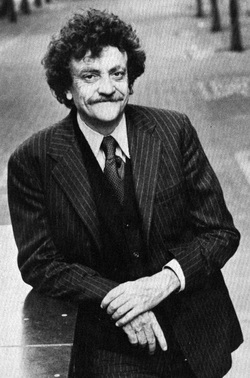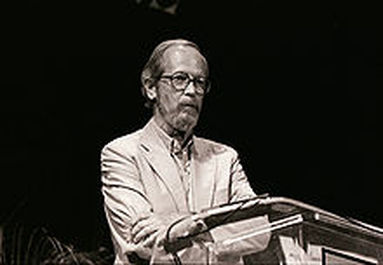by Tim Dedopulos
Forgive me, I’m pushed for time today. Some last bits of writerly advice for specific fields from assorted masters…
Elmore Leonard on thrillers:
Forgive me, I’m pushed for time today. Some last bits of writerly advice for specific fields from assorted masters…
Elmore Leonard on thrillers:
- Never open a book with weather.
- Avoid prologues.
- Never use a verb other than “said” to carry dialogue.
- Never use an adverb to modify the verb “said”…he admonished gravely.
- Keep your exclamation points under control. You are allowed no more than two or three per 100,000 words of prose.
- Never use the words “suddenly” or “all hell broke loose.”
- Use regional dialect, patois, sparingly.
- Avoid detailed descriptions of characters.
- Don’t go into great detail describing places and things.
- Try to leave out the part that readers tend to skip.
Ronald Knox on crime:
Andrew Motion on Poetry:
- The criminal must be someone mentioned in the early part of the story, but must not be anyone whose thoughts the reader has been allowed to follow.
- All supernatural or preternatural agencies are ruled out as a matter of course.
- Not more than one secret room or passage is allowable.
- No hitherto undiscovered poisons may be used, nor any appliance which will need a long scientific explanation at the end.
- No Chinaman must figure in the story.
- No accident must ever help the detective, nor must he ever have an unaccountable intuition which proves to be right.
- The detective must not himself commit the crime.
- The detective must not light on any clues which are not instantly produced for the inspection of the reader.
- The stupid friend of the detective, the Watson, must not conceal any thoughts which pass through his mind; his intelligence must be slightly, but very slightly, below that of the average reader.
- Twin brothers, and doubles generally, must not appear unless we have been duly prepared for them.
Andrew Motion on Poetry:
- Decide when in the day (or night) it best suits you to write, and organise your life accordingly.
- Think with your senses as well as your brain.
- Honour the miraculousness of the ordinary.
- Lock different characters/elements in a room and tell them to get on.
- Remember there is no such thing as nonsense.
- Bear in mind Wilde’s dictum that “only mediocrities develop”— and challenge it.
- Let your work stand before deciding whether or not to serve.
- Think big and stay particular.
- Write for tomorrow, not for today.
- Work hard.

Kurt Vonnegut
Kurt Vonnegut on Sci-fi and black satire:
- Use the time of a total stranger in such a way that he or she will not feel the time was wasted.
- Give the reader at least one character he or she can root for.
- Every character should want something, even if it is only a glass of water.
- Every sentence must do one of two things—reveal character or advance the action.
- Start as close to the end as possible.
- Be a sadist. No matter how sweet and innocent your leading characters, make awful things happen to them—in order that the reader may see what they are made of.
- Write to please just one person. If you open a window and make love to the world, so to speak, your story will get pneumonia.
- Give your readers as much information as possible as soon as possible. To heck with suspense. Readers should have such complete understanding of what is going on, where and why, that they could finish the story themselves, should cockroaches eat the last few pages.


 RSS Feed
RSS Feed
